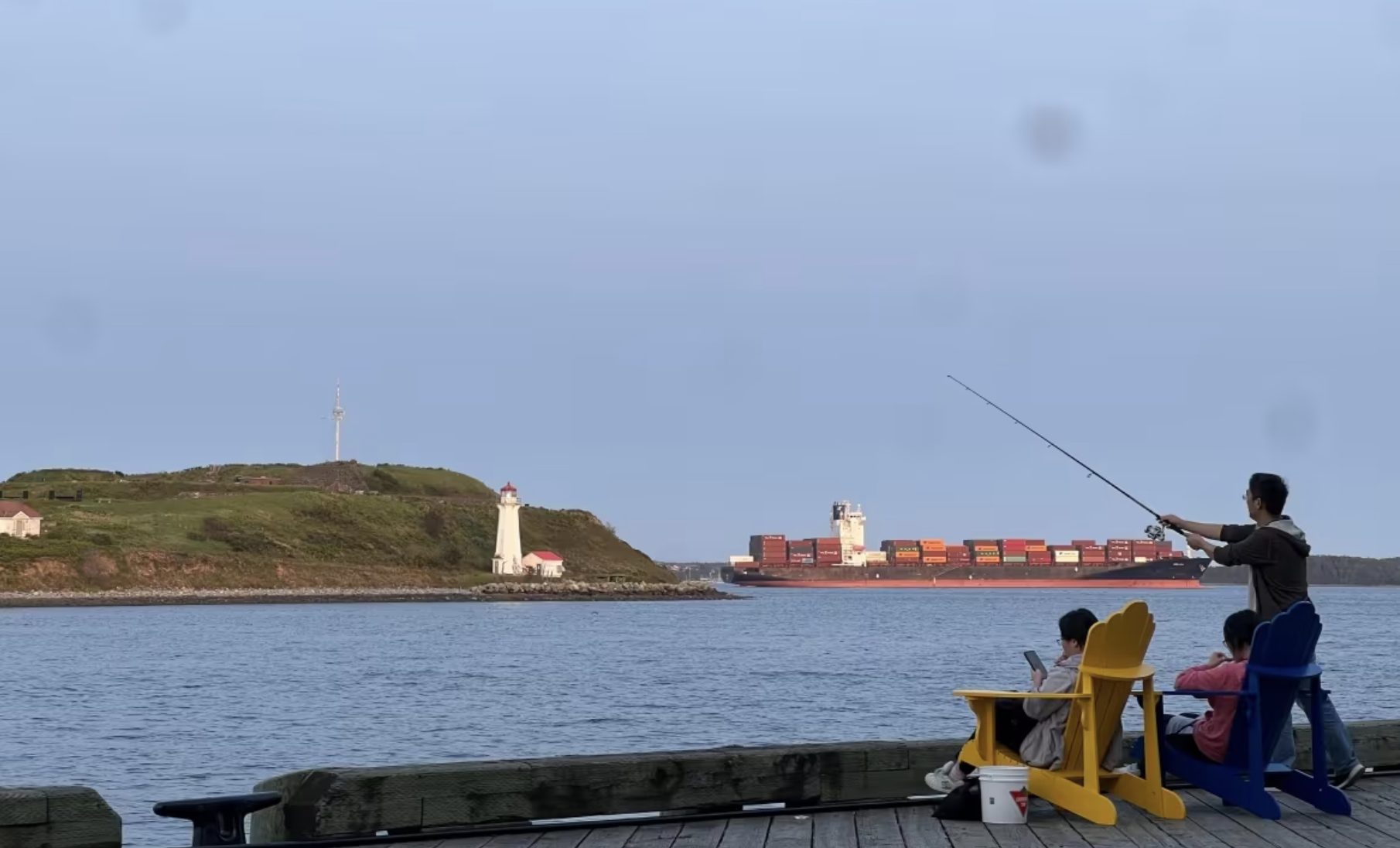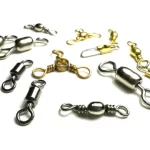After enduring a taxing week as a patient attendant in the QEII emergency room, Simon Niduaza seeks solace from the bustling hospital environment. His remedy lies a stone’s throw away as he packs a bag and heads to the Halifax waterfront near Pier 21, where an inviting Adirondack chair awaits his arrival.
Here, amid the serenity of the waterfront, he finds respite from the stresses of his profession. With his fishing line in hand, Niduaza casts it gently into the tranquil waters of the harbour.
“Every time I get a day off, I come here to fish and relax,” Niduaza shares.
On a recent sun-drenched day, he basked in the warm rays and, before long, felt the distinct pull on his line as the mackerel responded to his offering. It didn’t take much time before his cooler was brimming with the day’s catch—enough to sustain him for the week ahead and plenty to share with friends and family in the local Filipino community.
Niduaza’s journey into the world of fishing on these shores began in 2017 when he relocated from the Philippines to Halifax, often joining his father for these therapeutic outings.

Over the years, it has evolved into a cherished pastime, one that appears to resonate with other immigrants and individuals of diverse backgrounds who gravitate to locales like the waterfront, Dingle Park on the Northwest Arm, the Bedford Basin, and the Dartmouth side of the harbour in pursuit of the angler’s dream.
However, Niduaza’s solo fishing excursions initially presented a challenge as he struggled to entice the once-plentiful mackerel. It was a friendly wharf neighbor from China who shared a valuable secret—the use of a shiny Sabiki hook as bait. With this newfound knowledge, he soon found himself surpassing the food fishery’s daily limit of 20 mackerel, necessitating the return of some of his catch to the ocean. Recreational mackerel fishing in Nova Scotia does not require a license, but each fish must exceed 26.8 centimeters in length.
Fishing is a versatile pastime that offers both solitude and community. Urban anglers exchange tips and favorite spots on platforms like Facebook, enhancing the sense of camaraderie among enthusiasts. While fishing within the city can raise concerns among Haligonians due to historical harbor pollution, Niduaza asserts that the mackerel he catches are pristine.
Moreover, in an era when grocery store prices continue to surge, fishing provides an economical alternative to rising food costs. Niduaza emphasizes the health benefits of consuming locally caught fish, comparing it favorably to fast food while also highlighting its superior taste and cost-effectiveness.
Mackerel season in the harbor is an eagerly anticipated event. According to Alex Ritchie, who leads fishing tours departing from the Halifax waterfront, mackerel fishing has been a longstanding tradition in the region. “I remember fishing mackerel as a kid. It’s always gone on,” Ritchie recalls.
Furthermore, the mackerel found in the harbor are generally considered safe to consume, as these fish only frequent the area for a brief period each year. “They come in for two months and then they’re somewhere else,” Ritchie explains. “They just swim on the surface; they’re not bottom feeders.”
As mackerel season approaches its peak, those hoping to catch Atlantic cod or pollock may need to venture farther from the harbor, as these species are not typically found in these waters.
The allure of urban fishing along Halifax’s waterfront not only offers an escape from the daily grind but also serves as a sustainable source of nourishment for many. As anglers cast their lines into these tranquil waters, they find solace, camaraderie, and a taste of nature’s bounty, all within the heart of the city.
Images/Source: CBC





